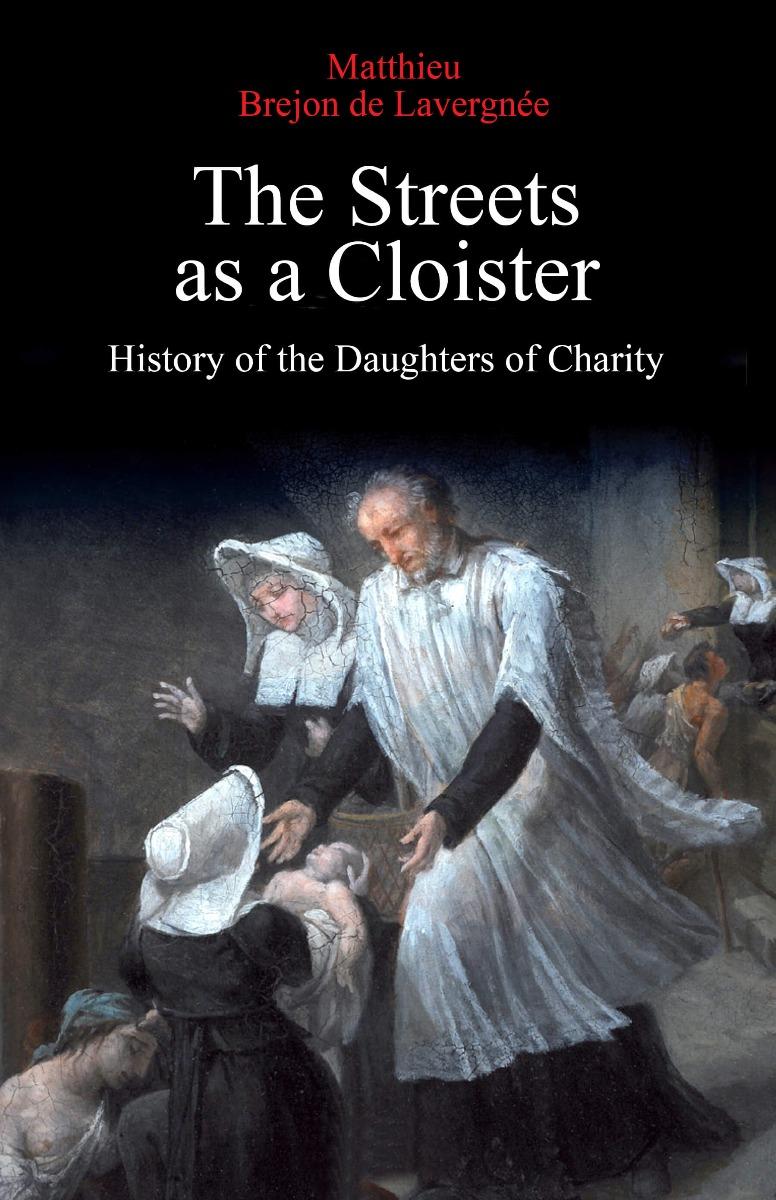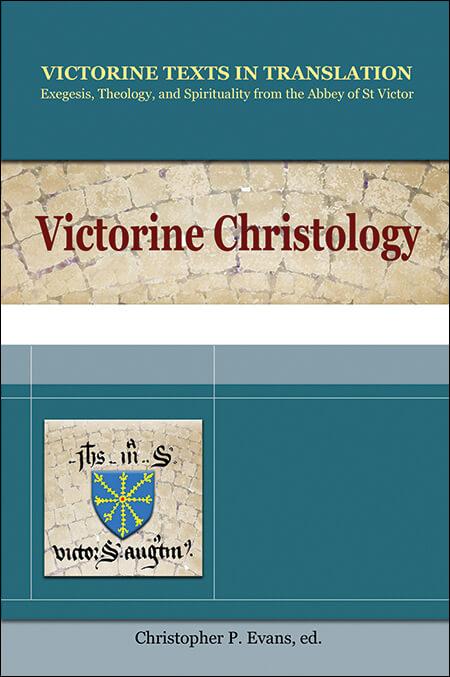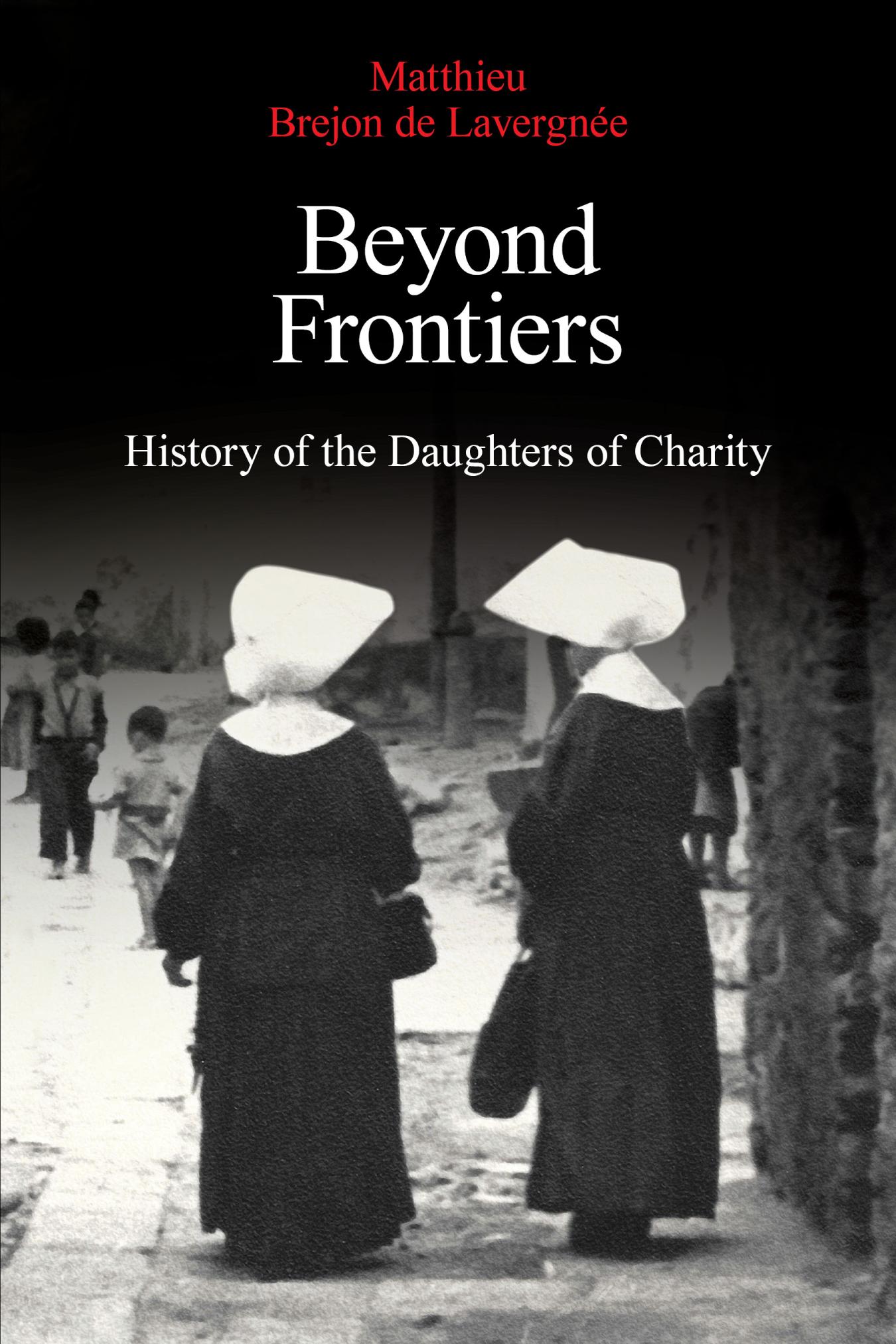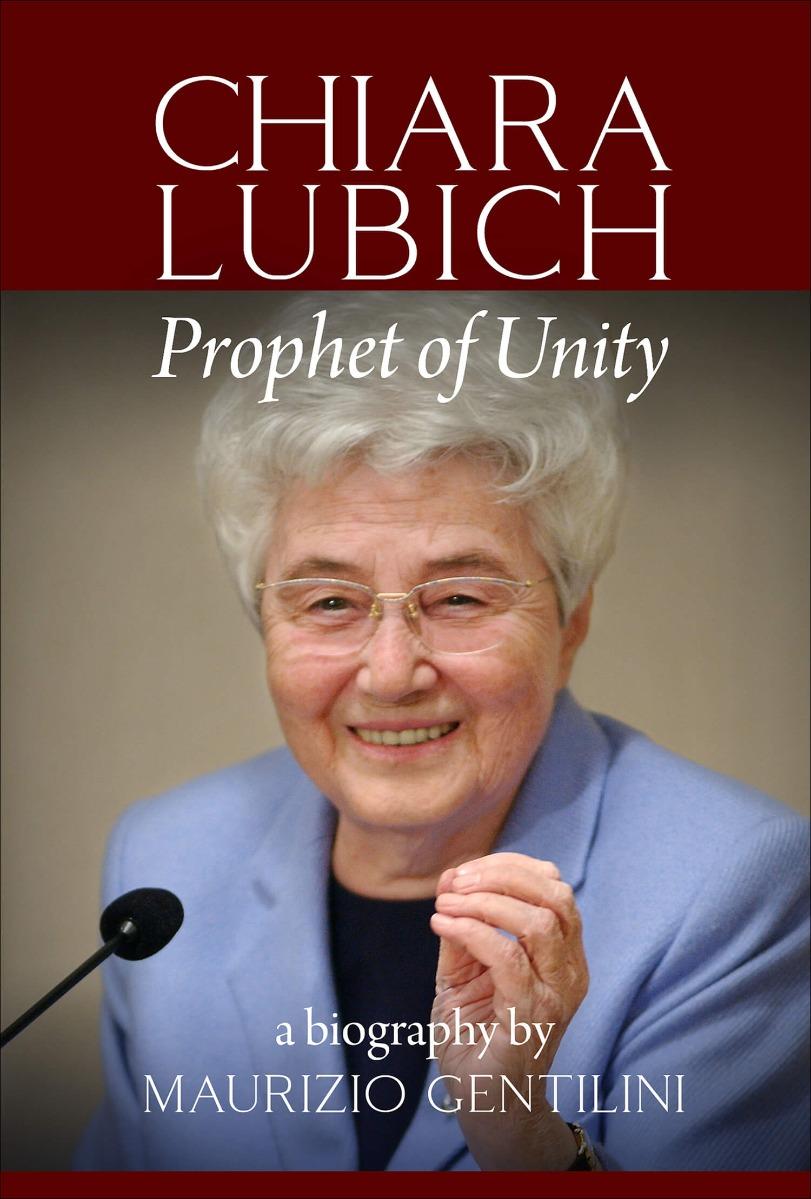
The Streets as a Cloister
About the book
The Daughters of Charity are today the largest community of Catholic women, with 15,000 sisters in about 100 countries. They devote their lives to serving the poorest in hospitals, schools, and care centers for homeless or migrants, as well as working to promote social justice. Each year, millions of Miraculous Medals are sent all over the world from their motherhouse in Paris, where Catherine Labouré had visions of the Virgin Mary in 1830.
Until now, however, the history of the Daughters of Charity has been almost wholly neglected. The opening of their central archives, combined with access to many public and private archives, has finally allowed this to be remedied.
This volume, the fruit of several years’ work, covers the history of the Company from its foundation by Vincent de Paul and Louise de Marillac as a confraternity of young women to the suppression of the order during the French Revolution. The study, at the juncture of women’s history and religious history, shows how much the Daughters of Charity contributed to the emergence of a new and ambiguous status in post-Tridentine society: neither cloistered nuns nor married women, but “seculars.” The Company has certainly offered a framework that enabled many resolute women to lead lives out of the ordinary, taking young peasant women to the royal court, intrepid hearts to Poland, and, more generally, generous souls to the “martyrdom of charity” among the poor and the ill
Endorsements
Matthieu Brejon de Lavergnée’s study, founded on a seemingly inexhaustible harvest of sources, is sure to endure. It is a vital reference for the religious and social history of France in the early modern era.
By this fine study, Brejon de Lavergnée puts all historians of religion in his debt and also provides the raw materials that will now need to be digested by historians of women, work, medicine, and relief of the poor.
The impressive work of M. Brejon de Lavergnée invites scholars to examine more closely the relationship between religious commitment and social status in order to consider the character of female agency in Ancient Regime society










